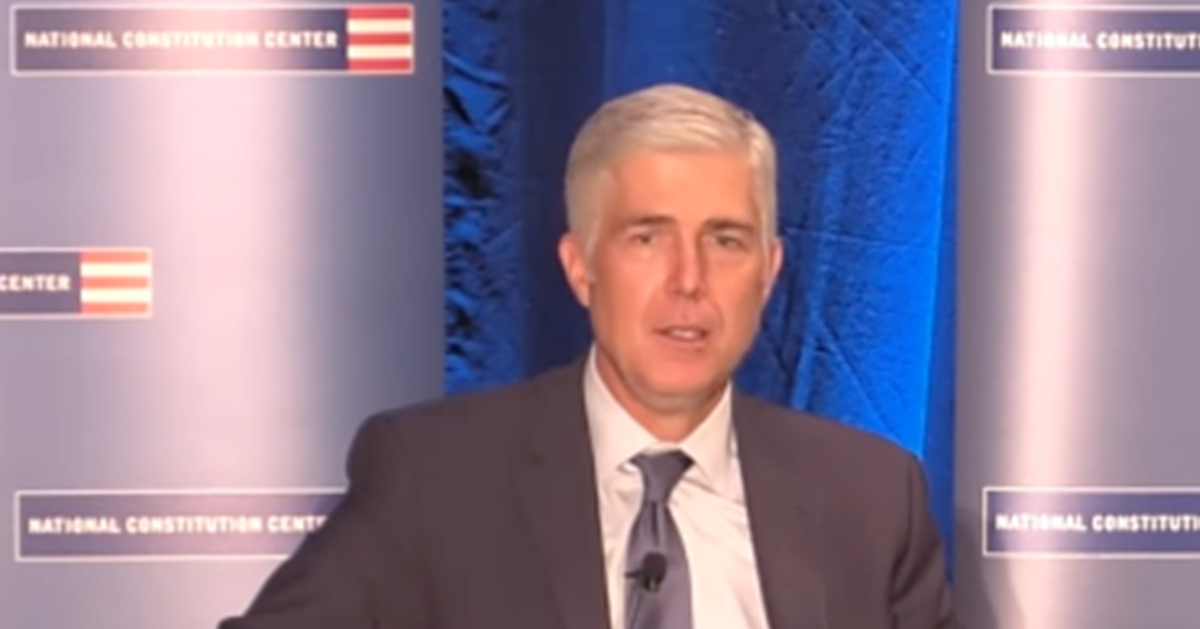Daniel J. Evans, Former Washington Governor and US Senator, Dies at 98
Daniel J. Evans, who served three terms as governor of Washington and later as a U.S. senator, died on Friday night at the age of 98.
Evans passed away at his home in Seattle, near where he was raised, and his death was confirmed by his son, Dan Evans Jr, as the Everett Daily Herald reports.
Evans was known for his leadership in education, civil rights, and environmental efforts, shaping state and national policies during his extensive political career.
Born on Oct. 16, 1925, in Seattle, Evans hailed from a family of seafarers who established a Puget Sound shipping business. He served in the U.S. Navy during World War II and the Korean War, later returning to Seattle to resume a career in engineering. In 1956, he began his political journey by winning a seat in the Washington State House of Representatives, where he served four terms.
Evans Became Governor and Made Waves
Evans first rose to national prominence when he was elected governor of Washington in 1964, defeating Democratic Gov. Albert Rosellini. During his tenure, he became a champion for education reform, spearheading the creation of Washington’s community college system. He also increased state support for higher education.
The politician's leadership extended beyond education. He became a strong advocate for civil rights, creating the Washington State Indian Affairs Commission in 1967 and the State Women’s Council in 1971. His environmental vision was equally profound, establishing the Washington Department of Ecology in 1970 and promoting nuclear energy.
Despite being labeled a “moderate Republican,” Evans rejected the term, emphasizing the importance of unity within the party. “I am tired of hyphenated Republicanism,” Evans said in a 2010 speech. In his early political career, he sought to remove far-right factions from the Washington state Republican Party, telling the Republican state committee in 1965, “Let those who are false prophets, the phony philosophers, the professional bigots, the destroyers, leave our party.”
Key Role in National Politics and Controversy
Evans gained national attention when he delivered the keynote address at the 1968 Republican National Convention, calling on Americans to confront pressing issues like the Vietnam War, civil rights, and urban decay. That same year, he supported Gov. Nelson Rockefeller over Richard Nixon for the Republican presidential nomination, causing tensions with conservative Republicans.
Evans’ moderate stance continued to define his political career, though he faced challenges from more conservative figures within his own party. He was considered for the vice presidency by President Gerald Ford in 1974 and 1976 but was not selected.
Throughout his three terms as governor, Evans focused on job creation and attracting business to Washington, bolstering the state’s economy. His efforts to resettle Vietnamese refugees after the Vietnam War earned him additional respect for his humanitarian approach.
Evans Appointed to the U.S. Senate
After leaving the governor’s office in 1977, Evans served as president of Evergreen State College. His political career, however, was not over. In 1983, following the death of Senator Henry Jackson, Evans was appointed to the U.S. Senate. He later won a special election to retain the seat and served until 1989.
During his time in the Senate, Evans continued to champion fiscal responsibility and environmental causes. He famously criticized the Republican Party’s stance on taxes, remarking that “fiscal integrity is not encompassed in the famous words of George H.W. Bush, ‘Read my lips, no new taxes.’”
Evans retired from politics after his Senate term but remained active in public service. He founded a political consulting firm and served on numerous boards. In 1999, the University of Washington’s public affairs school was named in his honor, recognizing his significant contributions to public service.
Evans’ Legacy in Washington State
Evans’ influence extended far beyond politics. He remained an avid mountain climber, often hiking with his family well into his 80s. In 2017, part of Olympic National Park was renamed in his honor, further cementing his legacy as a champion for environmental conservation.
In his personal life, Evans was married to Nancy Ann Bell in 1959. The two were together for over six decades until her death in January 2023. Together, they shared a deep commitment to public service, with Nancy often involved in Evans’ campaigns and political endeavors.
Evans published the story of his life, Daniel J. Evans: An Autobiography, in 2022, reflecting on his long and storied career. Ever humble, Evans remarked on the book’s title: “I would like to have picked a sexier title, but it’s not the title that makes any difference. It’s what’s in it.”
Tributes Pour in for Respected Leader
Following his death, tributes poured in from across the political spectrum. Former Democratic House Speaker Thomas Foley praised Evans, saying, “He was one of the most thoughtful and effective governors in the country and one whose advice the largely Democratic congressional delegation always listened to and often followed. He had our respect and admiration.”
Evans leaves behind a legacy of bipartisan leadership, focusing on collaboration to solve pressing issues. From education to environmentalism, his efforts reshaped Washington state and influenced national policy.
Daniel J. Evans will clearly be remembered as a visionary leader who shaped the course of politics in Washington and beyond.



